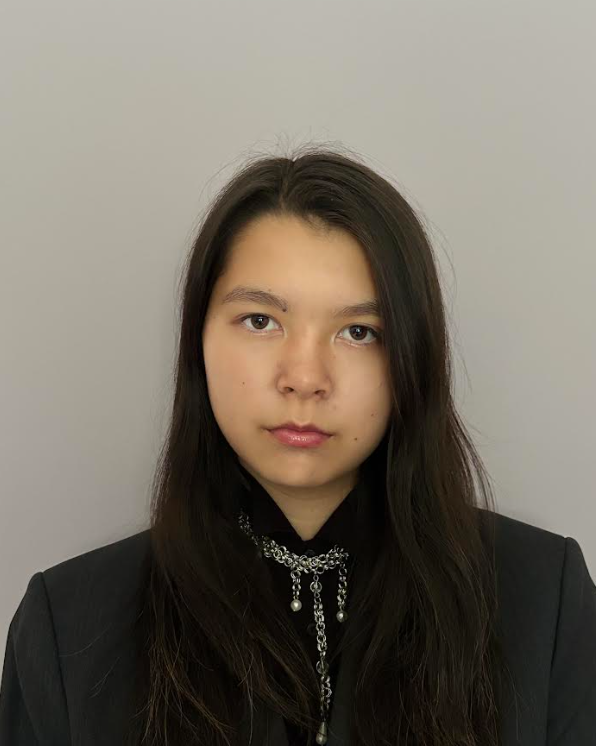Formed in 1950, the World Meteorological Organisation (WMO) is a UN specialized agency aimed at improving public safety in environmental conditions, including the weather, climate, and water. It promotes international cooperation among countries to share data, strengthen forecasting systems, and prepare for natural disasters. The WMO provides critical data and analysis which allow nations to predict and respond to extreme weather events, monitor climate change, and manage water resources through its global network. As the impacts of climate change intensify, the WMO plays an increasingly vital role in shaping international policies and strengthening resilience against environmental challenges worldwide.
This committee is specifically designed for intermediate and experienced delegates. Position papers, although strongly recommended, are not required. However, delegates who wish to be considered for an award must submit their position papers by January 12, 2026, at 23:59 PST. More information about position papers can be found in the Position Paper Guide, on the Delegate Resources Page.
Topic A: Early Warning Systems (Click to show summary)
Earthquakes, floods, hurricanes, and wildfires continue to cause devastating losses around the world. With climate change making these disasters more frequent and severe, the importance of preparedness has never been greater. Preparedness is not only about responding after a crisis but also about building systems that reduce risks beforehand, which includes investing in early warning systems, strengthening infrastructure, and ensuring communities know how to respond. Developing nations often face the greatest challenges due to limited resources, leaving them disproportionately vulnerable. In this topic, delegates will explore how the international community can share knowledge, technology, and support to better prepare for future crises.
Topic B: Water Resources and Climate Change (Click to show summary)
Water is a basic necessity for every society, yet climate change causes an immense strain on this resource. Shifting rainfall patterns, longer droughts, and melting glaciers disrupt access to clean water and threaten food production. At the same time, floods and storms damage water systems and leave communities vulnerable. Countries that already struggle with water shortages often face the harshest impacts, raising concerns about inequality and conflict. Managing this challenge requires cooperation across borders, since rivers rarely fall within one country alone. Delegates will consider how nations can balance sustainability, fairness, and security in protecting water resources.

Brian Deng | Director
As a Grade 11 student at St. George’s School, Brian is excited to be serving as the Director of WMO at VMUN 2026. After years in debate, he made the bold switch to MUN, only to be immediately confused by this strange new idea of collaboration. Since then, he’s learned that diplomacy is less about winning arguments and more about nodding thoughtfully and pretending you know what’s going on. Outside of committee, he can usually be found singing way-too-mainstream radio hits, overanalyzing basketball stats, and writing poetry. Brian has grown to love the chaos and comedy (and caffeine) that MUN brings, and is looking forward to the kind of memories you can only make in a room full of teenagers pretending to be diplomats.

Harnoor Kaur Khurana | Chair
Entering Grade 11 at Steveston London Secondary School, Harnoor is delighted to serve as the Chair WMO at VMUN 2026. Ever since she delivered her very first speech at her first conference, Harnoor has been captivated by Model UN and the opportunity to learn more about pressing global issues. She fondly remembers each of the conferences she has attended and the new individuals she met along the way. Outside of Model UN, Harnoor enjoys spending time with her friends and cousins, trying new restaurants, and watching the sunset. Harnoor hopes that each and every delegate at VMUN 2026 has an unforgettable experience and is excited to be a part of everyone’s Model UN journey.

Astrid Kim | Assistant Director
As a Grade 12 student at Maria Montessori Academy, Astrid is honoured to serve as the Assistant Director of WMO at VMUN 2026. Two years ago, her journey with MUN began in a conference room filled with passionate discussion, nuclear warfare, and most importantly, like minded students. From then on, she was already pursuing the next debate, the next research session, and the next MUN. Valuing both intellectual discussion and world politics, MUN has served as the perfect environment for her, providing challenges, new friendships, and a myriad of ways to grow. Outside the conference room, Astrid enjoys making jewelry, writing, thrifting, and listening to and playing music. Astrid eagerly awaits the approaching conference and is looking forward to meeting the brilliant delegates.
You can contact the Director at wmo@vmun.com. Any questions regarding the committee or its debate procedures will be answered by email. Position papers must also be submitted to this address.
